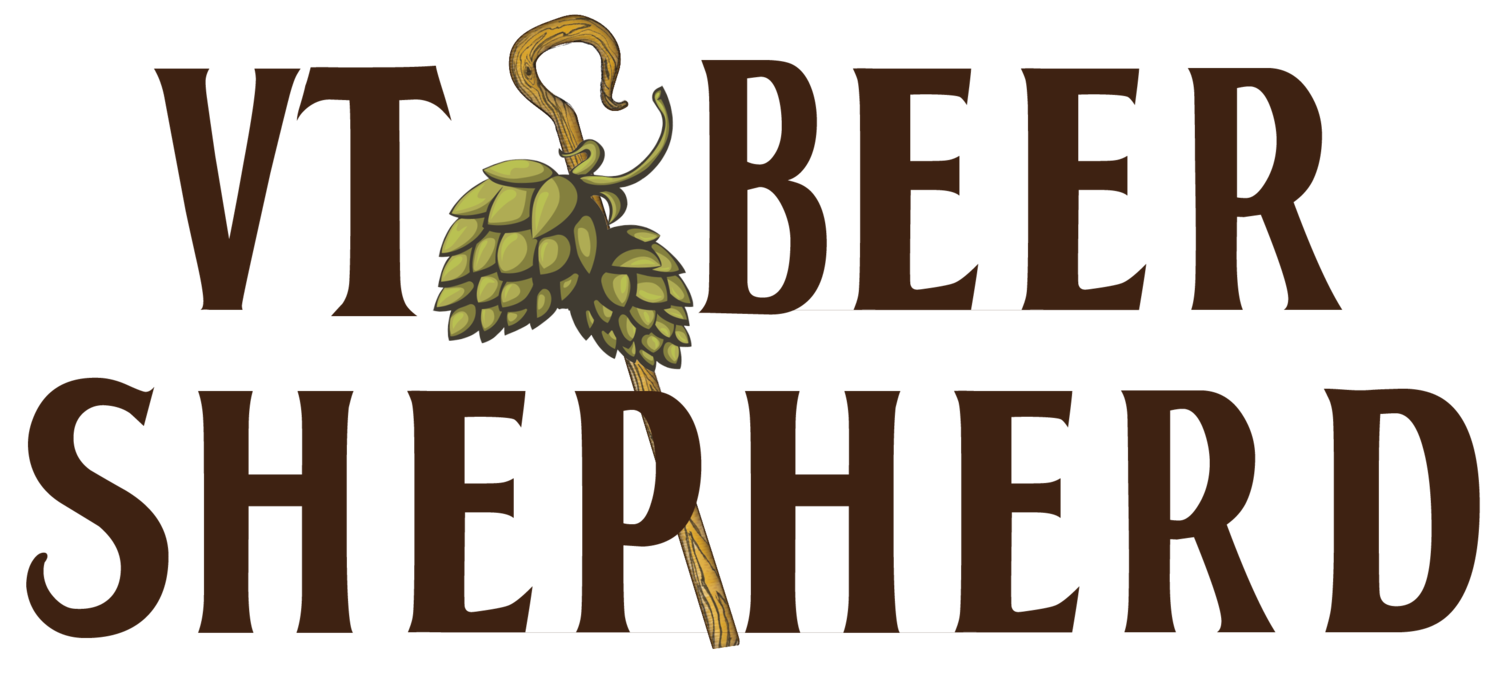Champagne Augustin
By David Keck
The holidays contribute to over 25% of Champagne sales annually, and this year those sales (although down) were crucial to keeping the region thriving as sales over the past year in lockdown have been way down. Bear in mind, however, that a lot of the big sales areas for Champagne such as airlines, nightclubs, restaurants, have been shuttered or struggling this year. Champagne houses with a strong retail presence have been the most successful (as with all wines, actually), but the hardest hit are frequently those that rely on sommeliers and wine professionals to talk about their unique projects personally. In these challenging times, when restaurants are functioning in a very different capacity, we encourage you to visit your local wine shop and talk with whomever buys the wine. Let them tell you a story and send you home with a bottle made by an artist, that will provide you with a special experience.
L’Air CCXIV
Same harvest and production techniques as above, but 50% Pinot Noir and 50% Chardonnay from older vines (55-60 years of age). Bright with lots of acidity that reads even more so because of the super low dosage (less than 3g), without being austere. This wine is built to age or drink now.
In the interest of supporting the little guys, we want to talk about one of the boutique and amazing producers of Champagne. We might not get much wine, but that doesn’t mean we want to overlook an opportunity to sing the praises of Champagne Augustin.
Champagne Augustin is shepherded by Emmanuelle and Marc Augustin. Marc Augustin’s grandmother, Andrée Lefèvre, began producing her own wines in the early 20th century, a risky move to disconnect from large négociant producers (who bought their grapes) in a male dominated industry (still male dominated, but not quite so severely!). Marc’s father thankfully did not follow many of his colleagues in the 1970s and 1980s when so many were subscribing to chemical additions and weedkillers, saying ’now it is my turn to improve what I will be passing on.’
La Terre CCXCI
Harvested only by women to preserve the fertile character of the fruit, the wine is 100% Pinot Noir from the younger vines (~25 years of age), fermented in enameled tanks and aged in amphora (clay pots) and old oak barrels. It is bottled with low dosage and very minimal sulfur additions. This wine has density and richness without sacrificing its elegance.
Look for a future post on the complexities of biodynamics, but since Champagne Augustin is one of the few practicing and certified biodynamic producers in the region, it is worth mentioning a little right now. Biodynamics as a practice was really started in the 1920s following a series of lectures on agriculture by Rudolf Steiner. The quick story is that the philosophy views an agricultural setting (or in this case, viticultural), as a living organism. Each part of the ecosystem influences the other, and the tenets involved tie everything to the health of the region and the planet. Think of it as serious and very intense stewardship of the land. Marc Augustin converted all of their vineyards to organics in 2012, and biodynamics in 2013.
The vineyards for Champagne Augustin are in the Montagne de Reims (ground-zero for top Pinot Noir production) and the Côte des Blancs (as the name would suggest, the land of Chardonnay), with the winemaking facility in Avenay Val d’Or. Emmanuelle takes care of the vines and Marc works in the cellar, focusing on what they call ‘coeurviculture,’ meaning that they follow their hearts.
Champagne is not just for the holidays—both of these wines will pair spectacularly well with winter cuisine and might just be the right beverages for starting 2021 properly.


